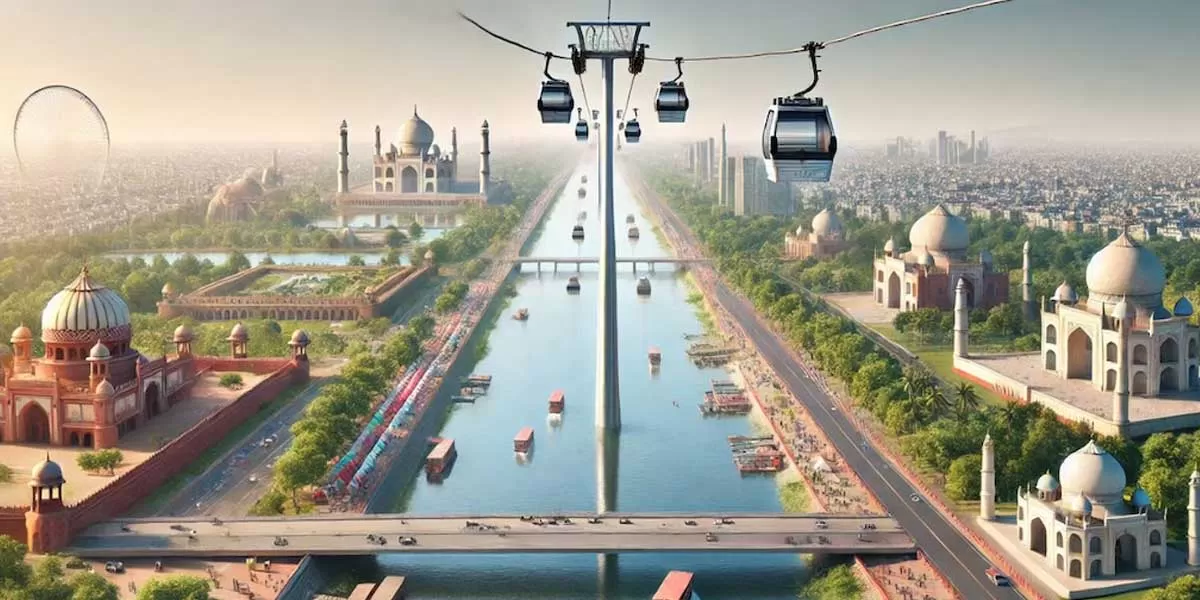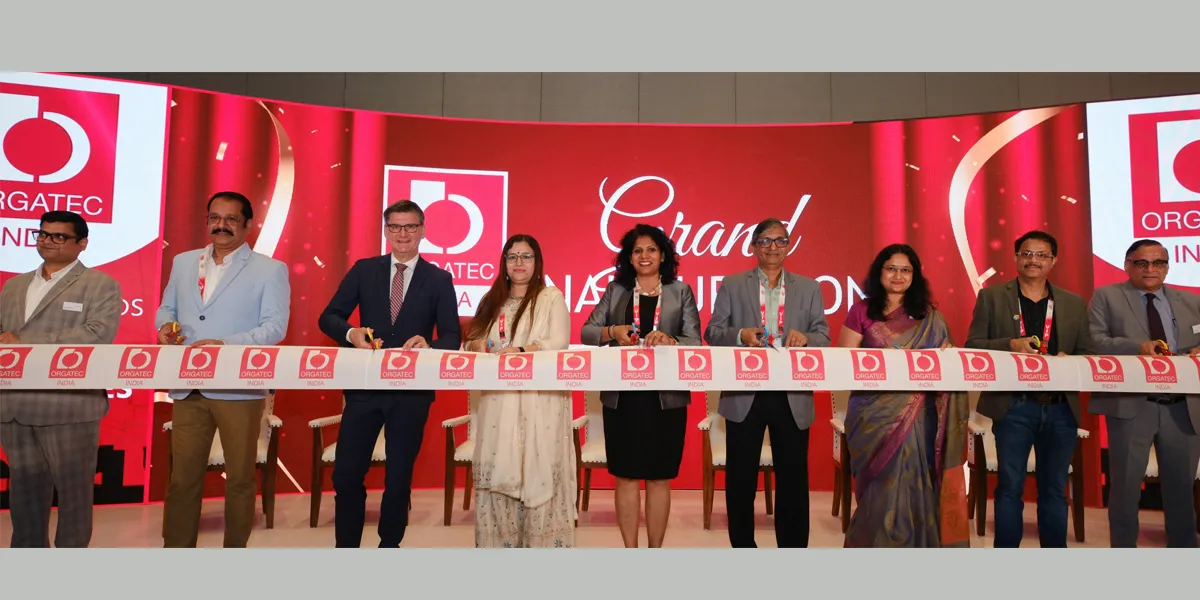

Gateway Distriparks Announces Q2 FY25 Results
Gateway Distriparks Limited (GDL), one of India’s leading multimodal logistics providers, announced its financial results for the quarter ended 30 September 2025.For Q2, the company reported total revenue of INR 154.8 crore (H1: INR 316.9 crore), EBITDA of INR 20.56 crore (H1: INR 45.65 crore), PBT of INR –4.23 crore (H1: INR –0.28 crore), and PAT of INR –2.91 crore (H1: INR –0.37 crore). The company stated that these numbers reflect the consolidation of accounts following Snowman Logistics transitioning from an associate company to a subsidiary in December 2024.Commenting on the per..

Last-Mile Connectivity a Prime Focus, Says Ms. Ashwini Bhide,
The IMC Chamber of Commerce and Industry (IMC) hosted a high-impact Managing Committee session today on the theme “Mumbai Metro: Transforming Connectivity and Commuting.” The session featured an insightful address by Ms. Ashwini Bhide, Managing Director, Mumbai Metro Rail Corporation Ltd. (MMRCL), who shared updates on key transport infrastructure developments across Mumbai and the MMR region.Emphasising the city’s critical economic role, Ms. Bhide noted, “Mumbai is the economic powerhouse of Maharashtra, with more than 95% of the region’s population living in urban areas. As Maharas..

ORGATEC India Debuts in Mumbai, Transforming the Future of Workspaces
ORGATEC, the global benchmark for workspace design, technology, and facility innovation, opened its first-ever Indian edition today at the Jio World Convention Centre, Mumbai—marking a major milestone for India’s commercial interiors and office solutions industry. With 103 exhibitors from over 10 countries and more than 8,000 trade visitors expected, ORGATEC India 2025 is set to redefine how workplaces in India are designed, automated, and experienced.The inaugural ceremony was graced by key dignitaries including Mr. Nirupam Chaudhuri (Director, NASSCOM), Ms. Bharti Singh Kalappa (Head of ..
















